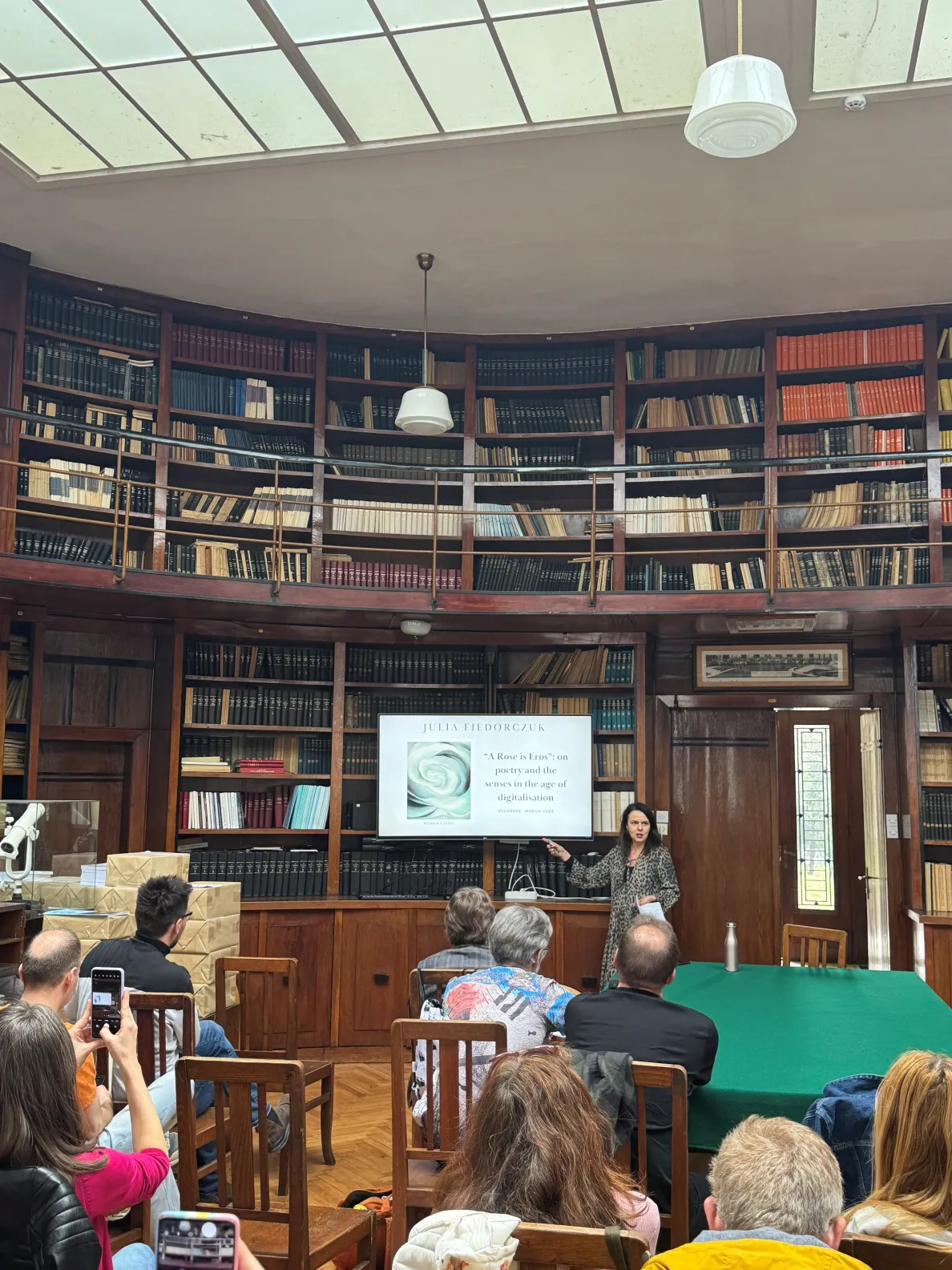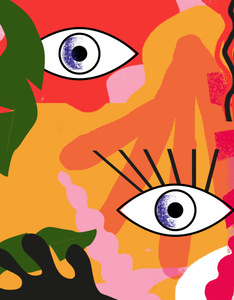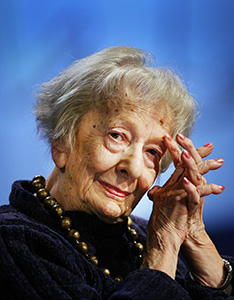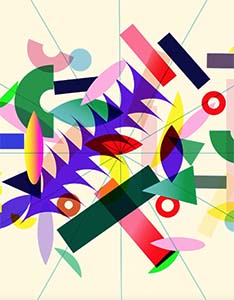3rd edition of the Serbian School of Ecopoetics in Belgrade – poetry as a reflection on the environment

Ecopoetics is a way of creating and thinking about poetry, language, art, and culture in relation to nature, the environment, and the planet. The third edition of the Serbian School of Ecopoetics will take place in Belgrade on 8–9 November 2025, bringing together poets, philosophers, and cultural researchers from Poland and Serbia. The programme will include lectures, workshops, and poetry presentations devoted to reflections on energy – in its ecological, cultural, and psychological dimensions – and the search for new languages to describe contemporary environmental crises.
What is ecopoetics: poetry, art, and culture in relation to nature
The School of Ecopoetics in Serbia is a recurring workshop event that introduces participants to the key issues of ecopoetics – understood as a space for reflection on human and non-human practices of world-making. During the sessions, participants read and analyse selected eco-critical and poetic texts, attend lectures by experts in literary studies, and take part in field trips designed to deepen their connection with their bioregion. This edition will explore the theme of energy, combining two perspectives: environmental humanities and psychoanalysis. The aim is to understand where these two discourses converge, and where they diverge.
Energy humanities examine how specific sources of energy – human and animal labour, fossil fuels, wind, water, and sunlight – shape the cultures that depend on them. By looking at energy through the lens of literature and cultural studies, researchers seek to understand how it influences the ways people live, create, engage in politics, and imagine the future. Psychoanalysis, on the other hand, although seemingly distant from ecology, also deals with energy – but psychological energy. Sigmund Freud introduced the concept of psychic energies, such as libido, and described the “economy” of the mind based on the investment and discharge of energy. These mechanisms operate not only at the individual level, but also at the social one. Contemporary poetry and prose increasingly address the theme of energy, both metaphorically and literally.
Energy in the humanities and psychoanalysis: interdisciplinary perspectives on climate challenges
The School of Ecopoetics creates a space for shared reflection – a forum where humanistic thought engages with the realities of the world, and with the challenges of contemporary crises, such as biodiversity loss and the climate emergency. The third edition of the School of Ecopoetics in Belgrade, taking place in November 2025, will explore the relationship between ecology, poetry, and philosophy. The programme will open with a lecture by Prof. Andrzej Leder, entitled “Economics, Excess and the Traumatic Encounter with the Climate Catastrophe”, which examines the provocative thesis of economics as the art of distributing surplus. The academic part of the first day will also include a workshop by Prof. Leder based on “The Accursed Share” by Georges Bataille, and classes led by Julia Fiedorczuk and Serbian literary scholar Minja Tomić, which will focus on solarpunk texts – a radical, utopian form of creativity, particularly popular in Africa and Latin America, which turns to the sun as a source of hope – and on contemporary ecological poetry.
The second day of the event, Poetry Day, will centre on poetry and artistic practice. As part of a creative exchange with Serbian poets, including Srđan Gagić, Bojan Marković, and Maja Solar, Polish poets Emilia Konwerska, Julian Rosiński, and Stanisław Kalina Jaglarz will present their work. The School of Ecopoetics in Belgrade will thus become a meeting ground for philosophy, literature, and ecocriticism – a space for seeking new languages to describe the planetary experience of our time.
3rd edition of the Serbian School of Ecopoetics in Belgrade: presentations by Polish and Serbian poets
-
Dates: 8–9 November 2025
-
Venue: Belgrade, Serbia
-
Creators: Julia Fiedorczuk, Srđan Gagić, Stanisław Kalina Jaglarz, Emilia Konwerska, Andrzej Leder, Bojan Marković, Julian Rosiński, Maja Solar, Minja Tomić
-
Event partners: Polish Institute in Belgrade, Kulturni centar Beograda (KCB), Institute of Literature and Art of the University of Belgrade, Literary Quarterly “Mostovi”, “Taćka Susretanija” Centre, Knijevna Rjadonica Rasić Publishing House


